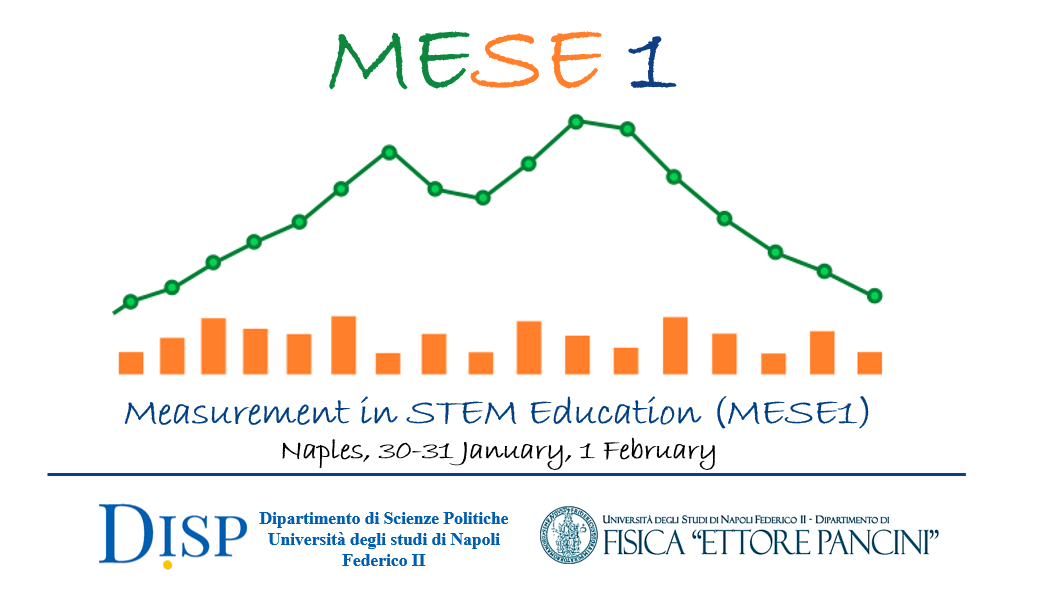Speaker
Description
The purpose of the session is to show how, thanks to the opportunities disclosed by the development of practices related to the idea of Open Research, it is possible (even for an independent researcher) to address issues of great cognitive and practical importance through the combination of high-quality open data, accessible computing tools and advanced statistical models.
Specifically, the data taken into consideration are INVALSI open data on students’ mathematic skills; the data manipulation resource is R, a high-level programming language whose interface can be freely downloaded and installed by everybody; the statistical tools belong to the family of multilevel regression models, which can now be implemented through very sophisticated Bayesian algorithms.
The combined use of data, resources and models will be illustrated and developed in connection with the treatment of a very delicate problem: the possibility that, in our country, students with a migrant background may suffer a penalty which is not justified by their actual level of skills and abilities but, rather, depends on some sort of bias rooted in the evaluation systems implemented by the schools.
The topic is of particular interest since the share of foreign students (or students with a migrant background) is expected to increase sharply in the next decade. To give adequate relevance to the issue, it must be observed that in our Country schools are the main – some would say the only – agency for the integration of immigrants. Therefore, the perspectives of our society crucially depend on how efficiently schools will be able to carry out their tasks.
The INVALSI data allow us to approach the problem of schools’ fairness in an objective way. The standardized nature of INVALSI tests helps us to try to identify the presence of potential bias in the overall evaluation system. A possible research question can be formulated in these terms: Invalsi scores being equal, do Italian and foreign students receive (approximately) the same marks by their teachers?
The INVALSI score is aimed at assessing fundamental abilities – for example general mathematic skills – thorough the administration of standardized tests; on the other hand, marks are the outcome of a complex evaluation carried out by teachers – a kind of assessment that considers many other factors, for example behavioural ones. Any discrepancy between standardized scores and marks could be a sign of limitations in the former, which is plausible, but also a clue of some bias in the way schools evaluate students with a migratory background (which cannot be excluded on an a priori base: after all, despite a growing number of foreign students almost 100% of our teaching body is made by Italian teachers).
In order to address these issues, and provide a contribution to the discussion, it is necessary to approach the data with tools that allow us to extract as much information as possible from them, without introducing further distorting factors. This is essentially an open process, which must be subjected to strict critical supervision and requires transparency; the tools and techniques that will be illustrated seek, precisely, to build a transparent path to open discussion and criticism.

